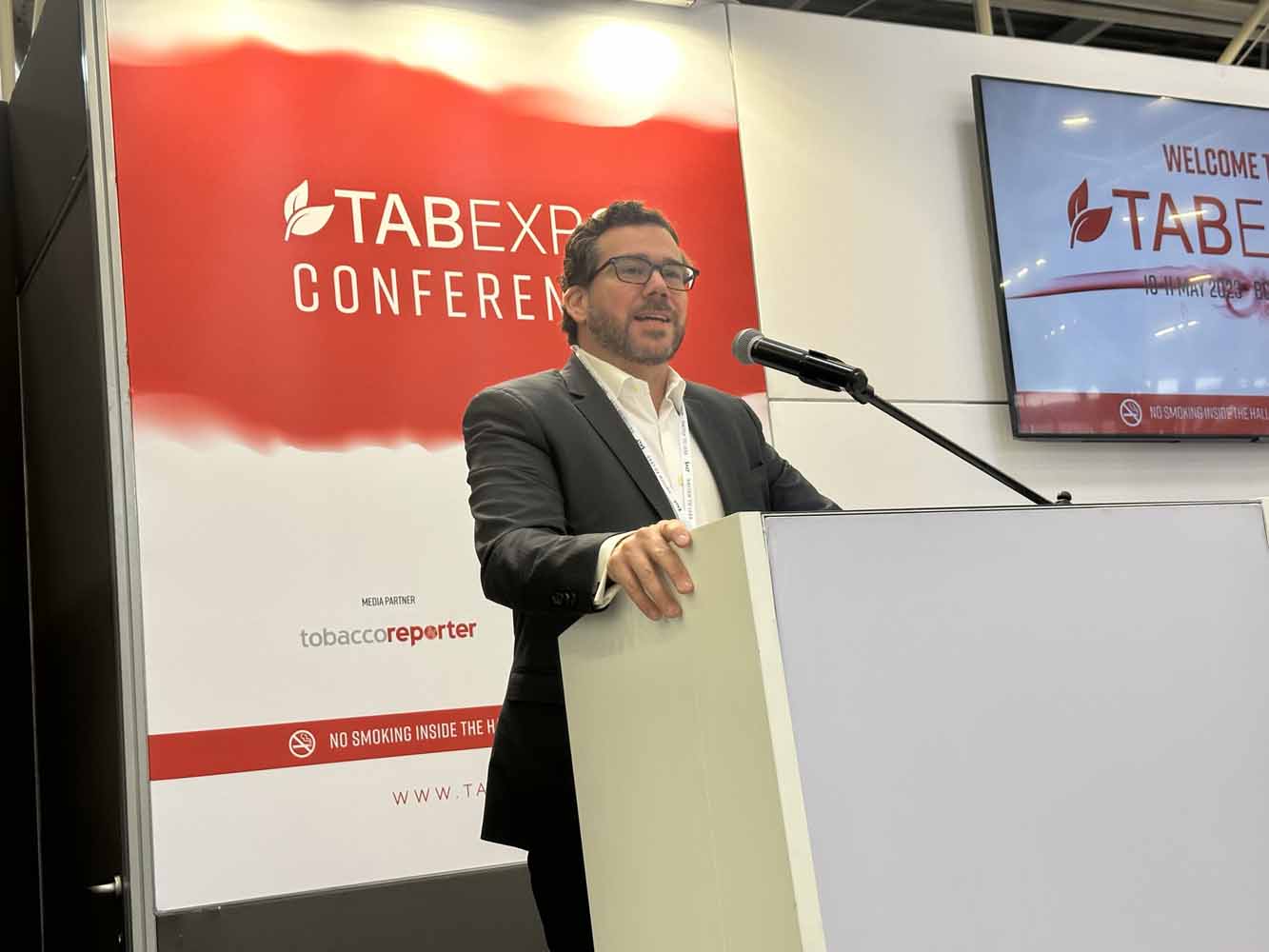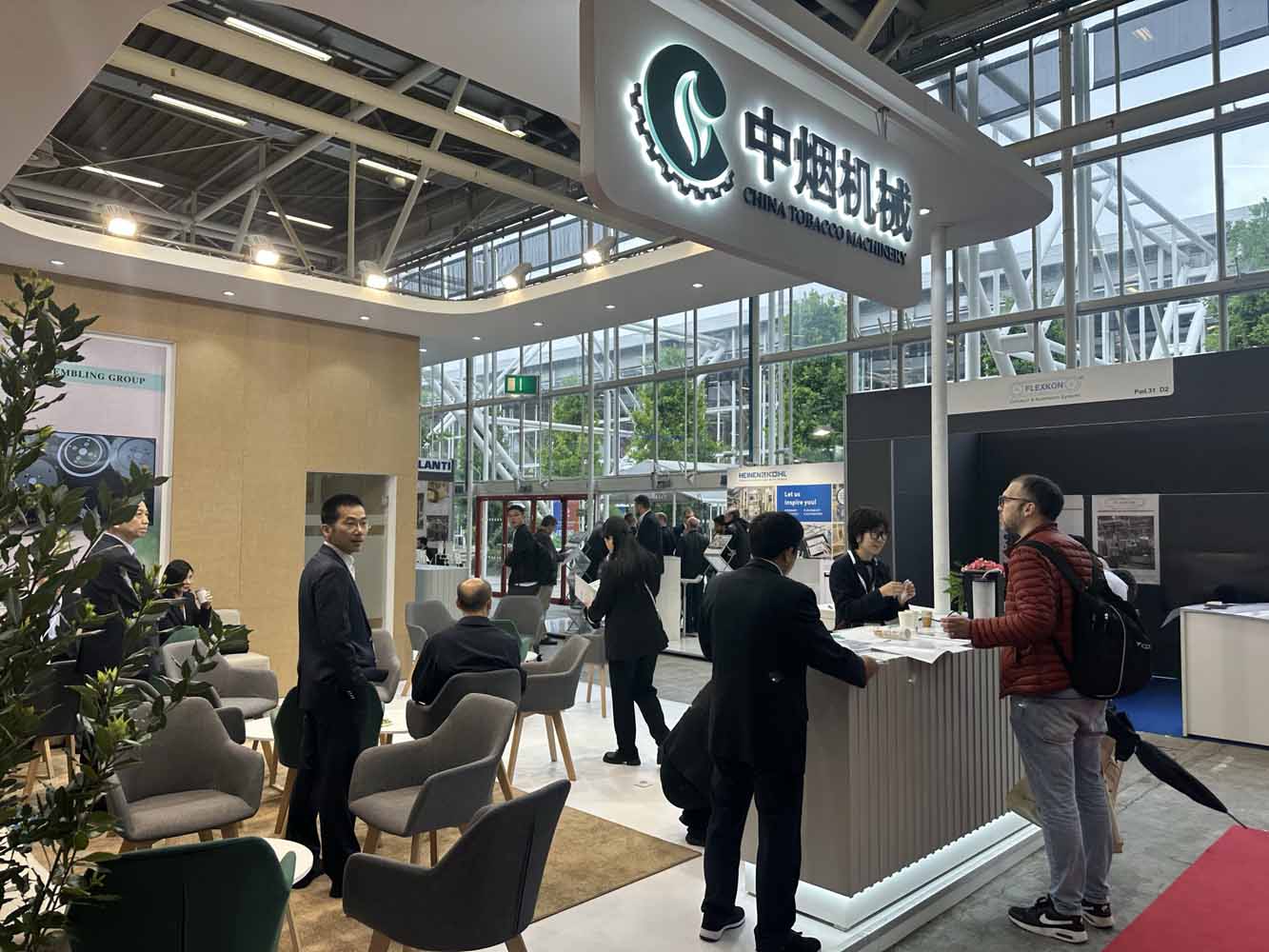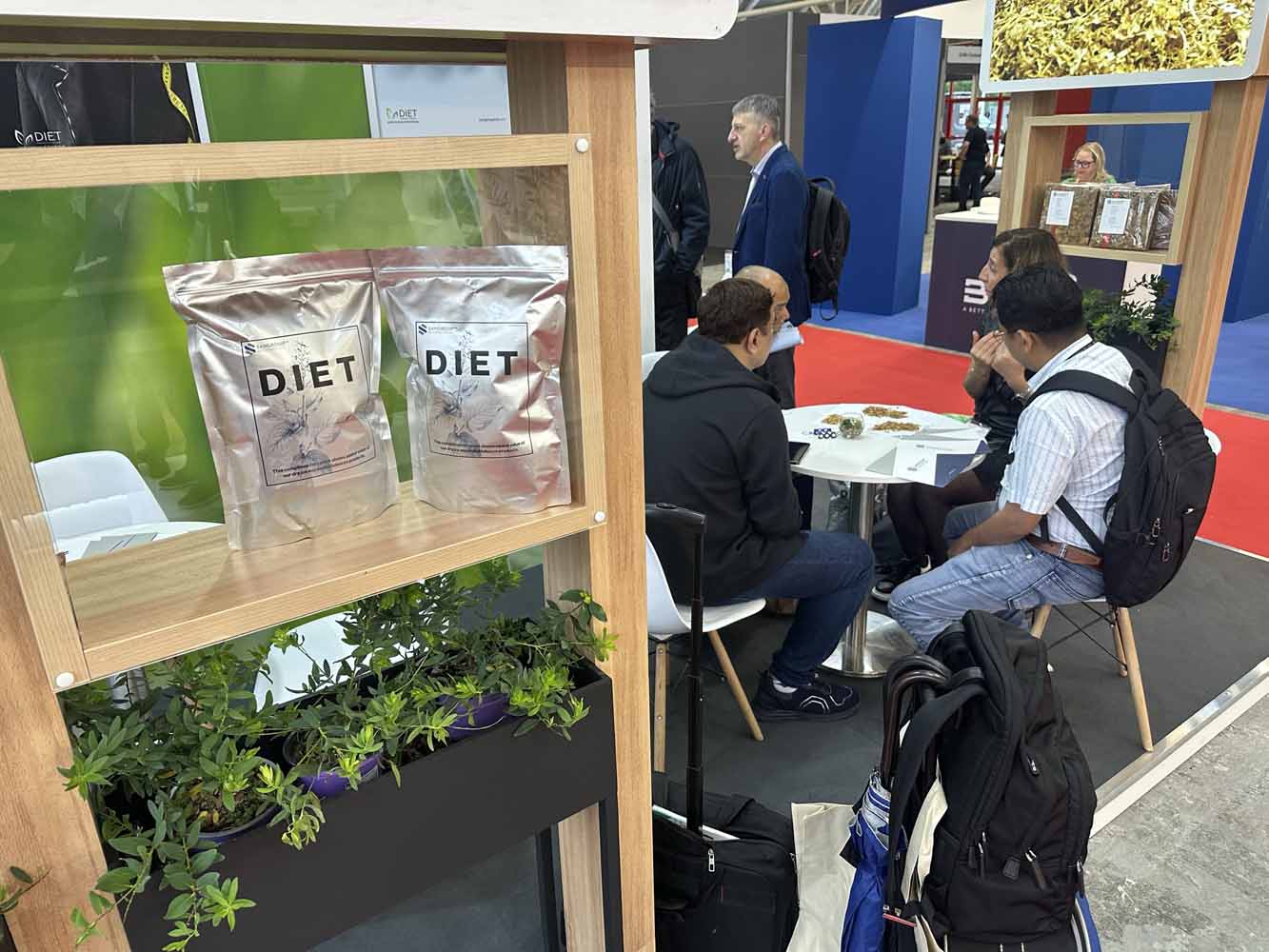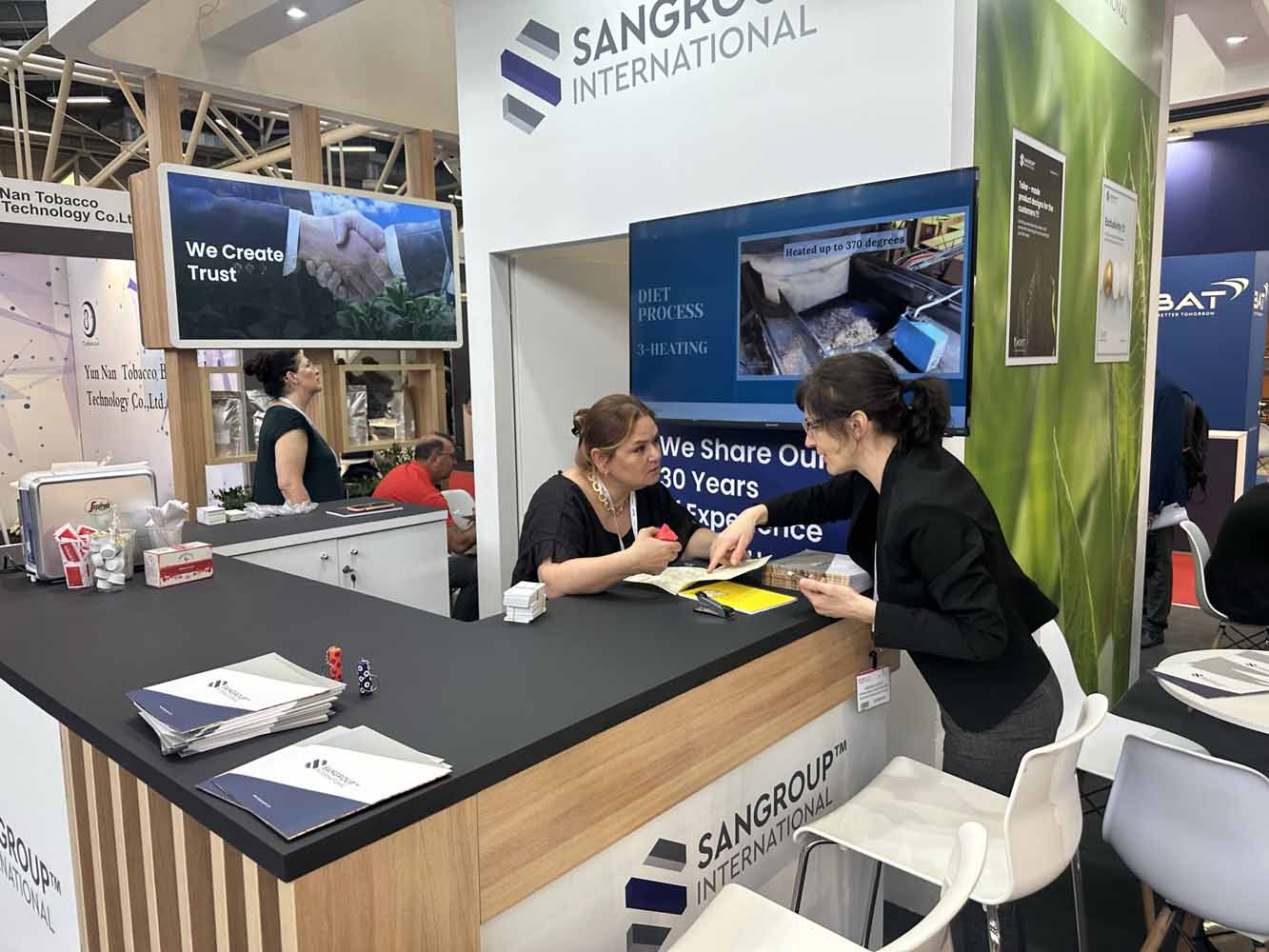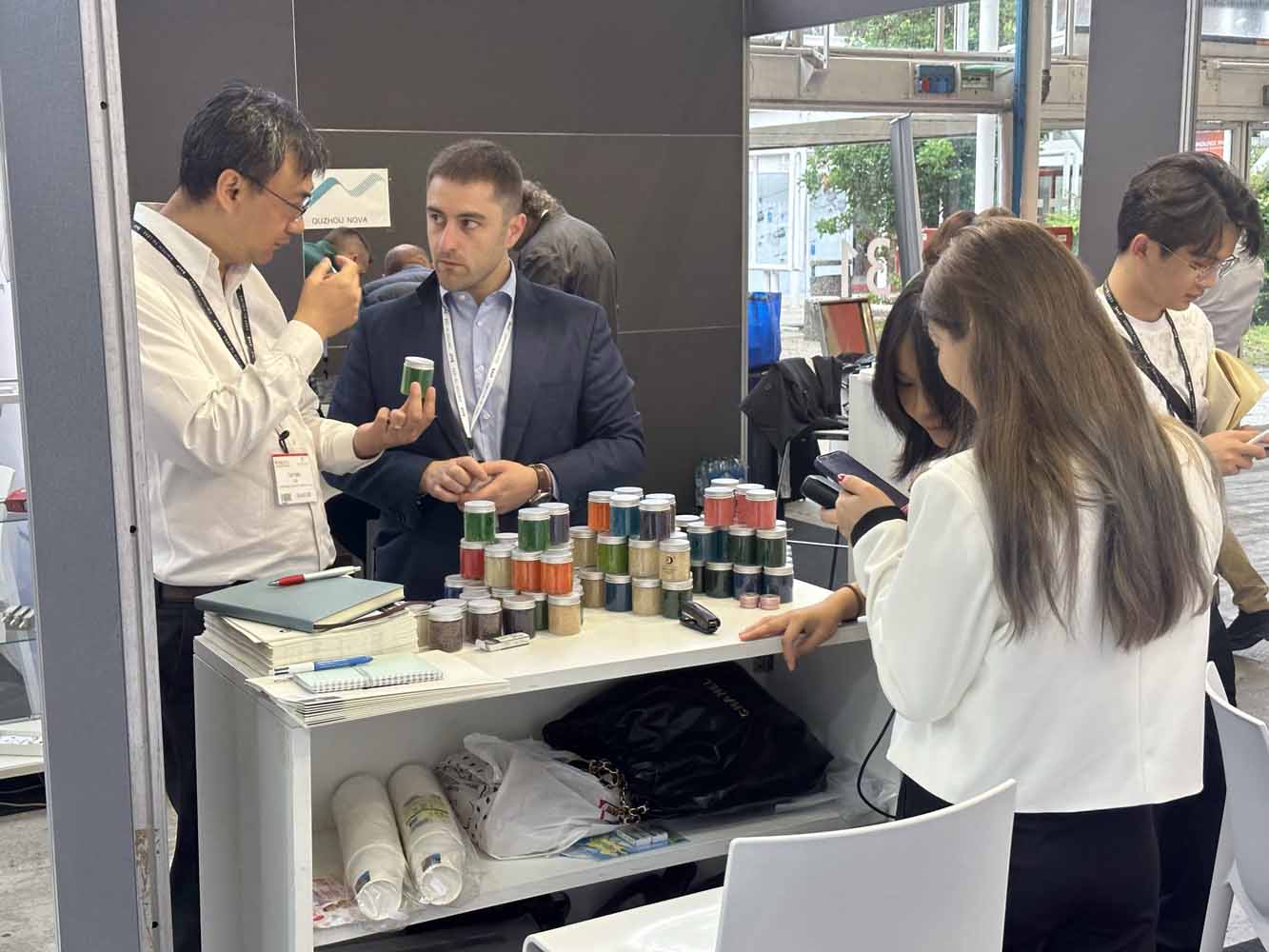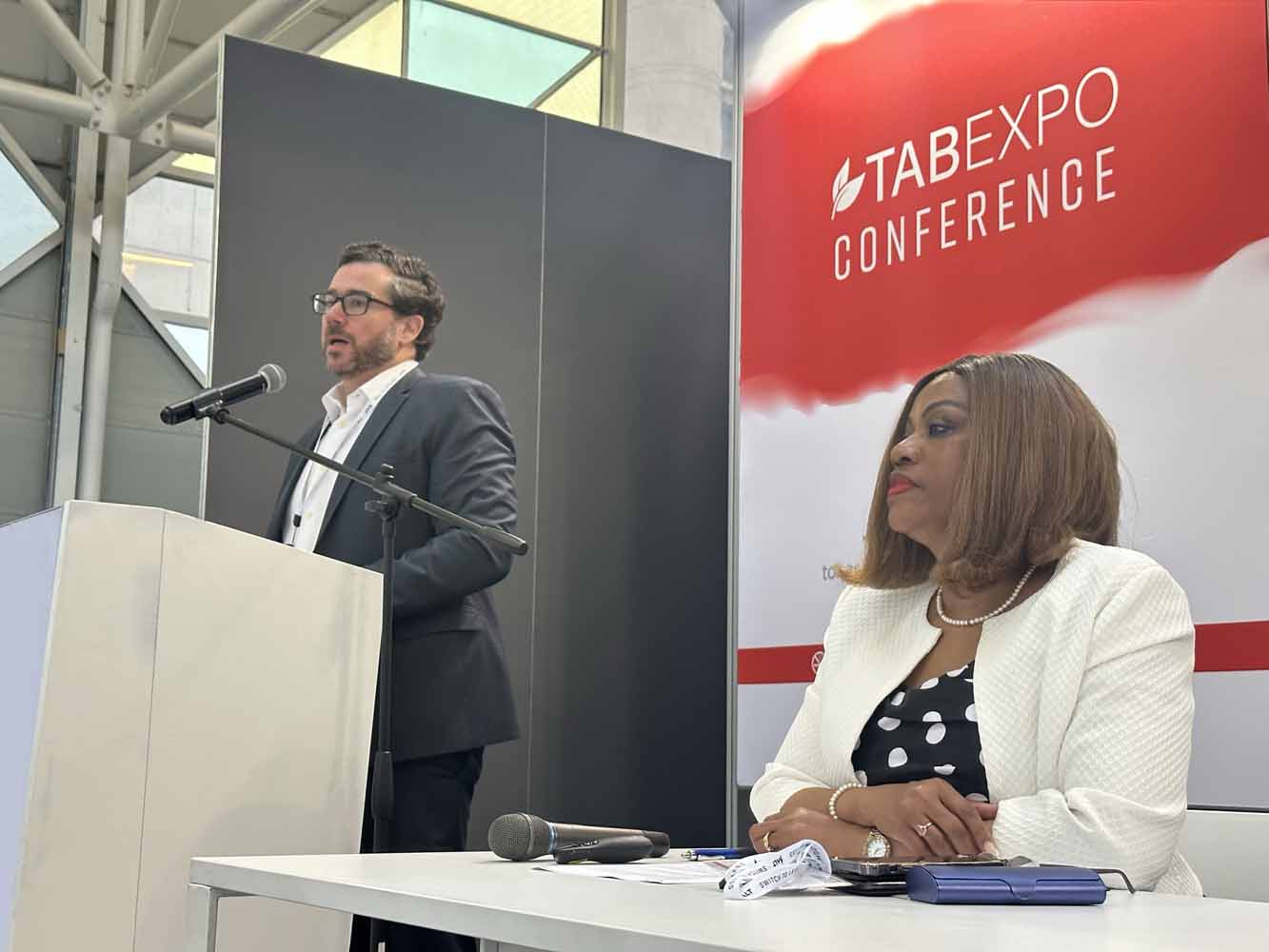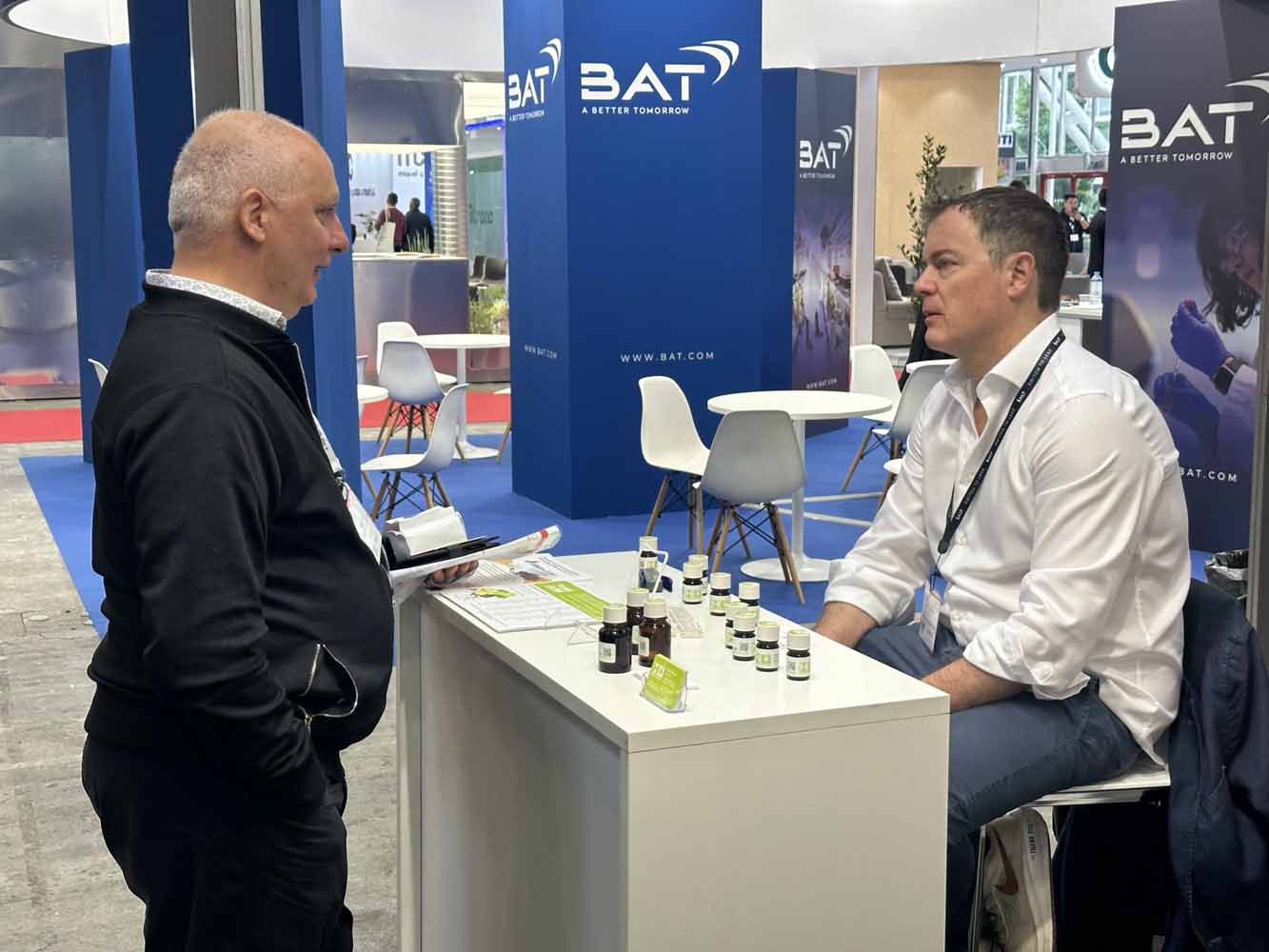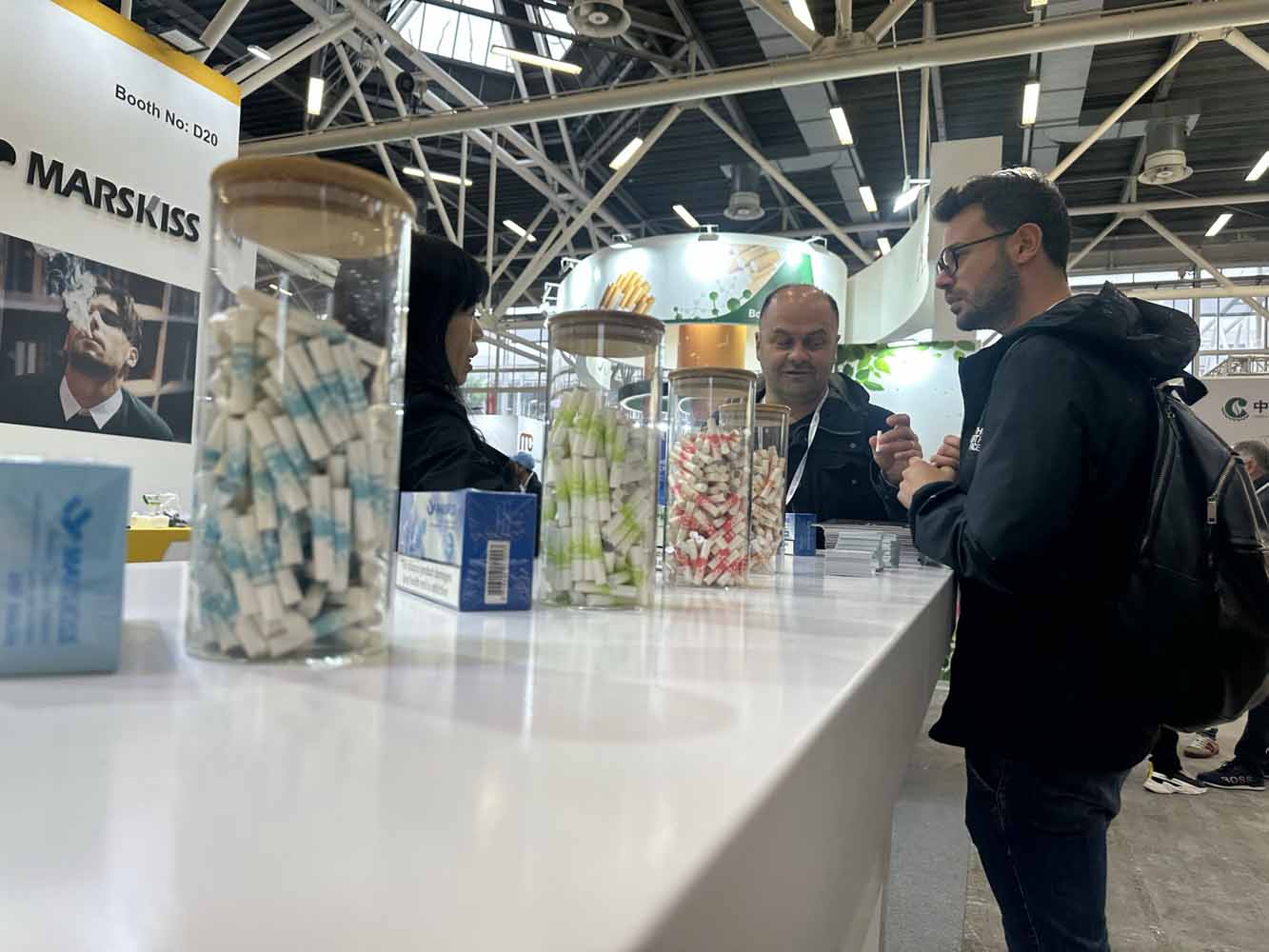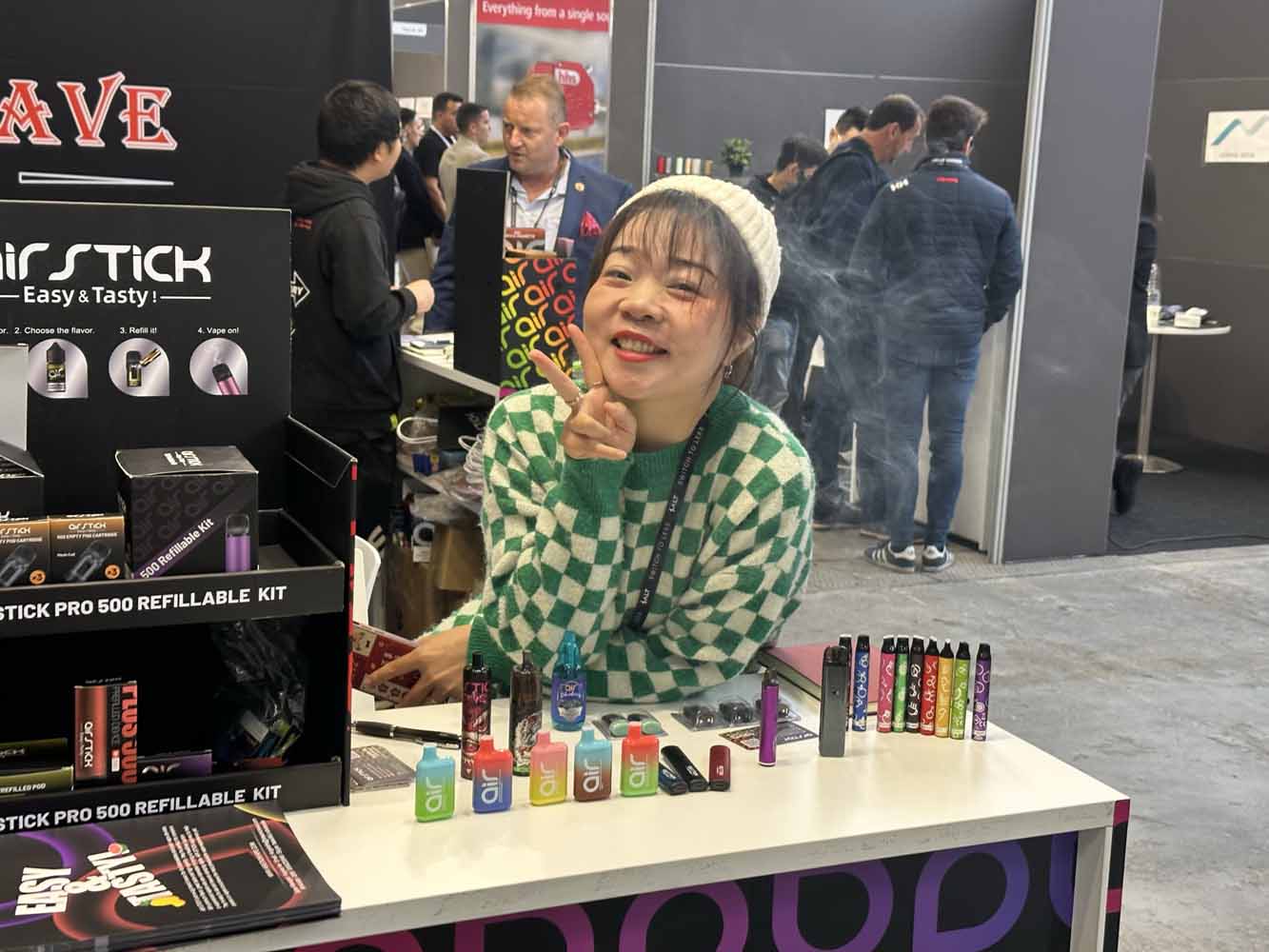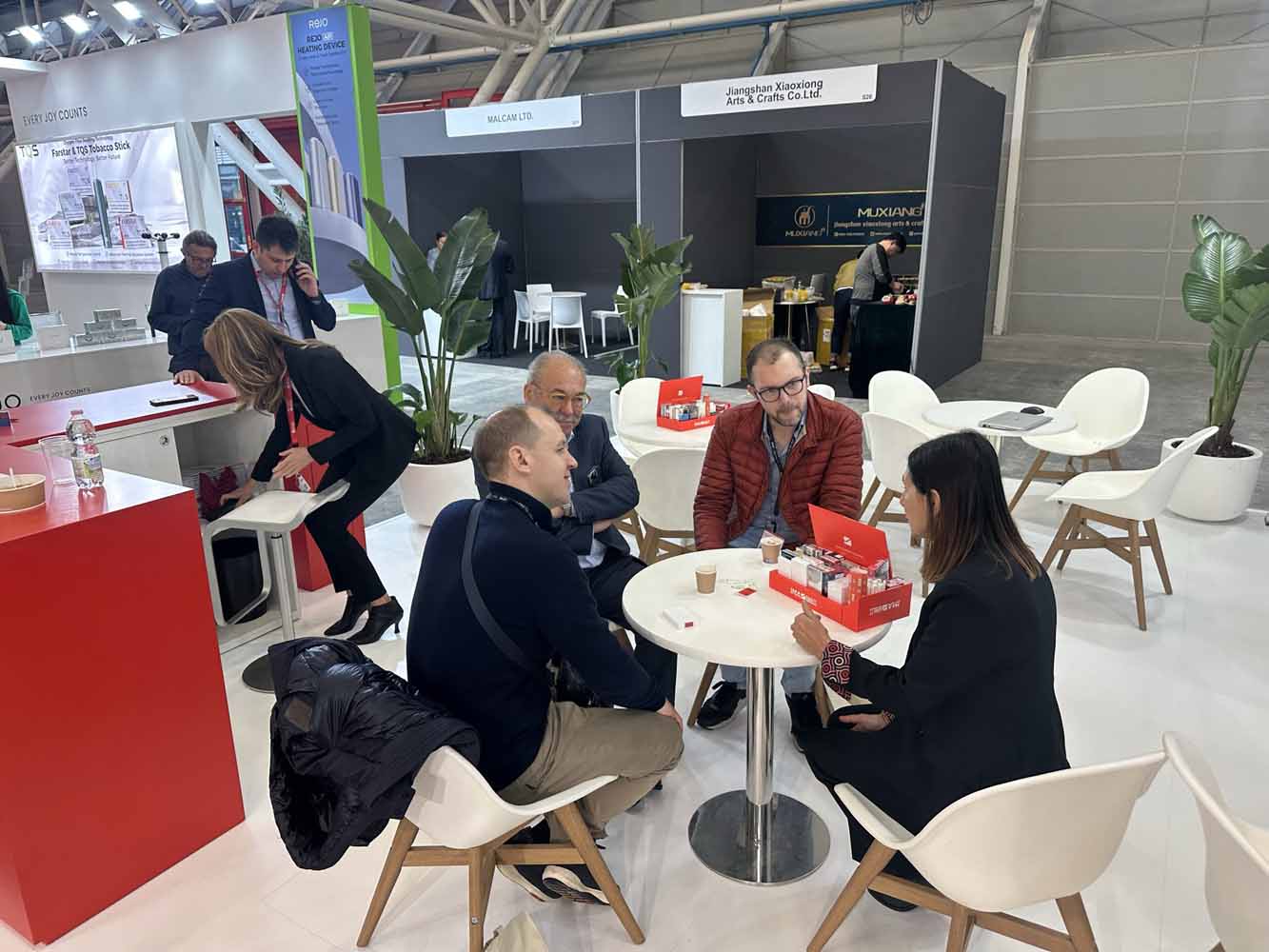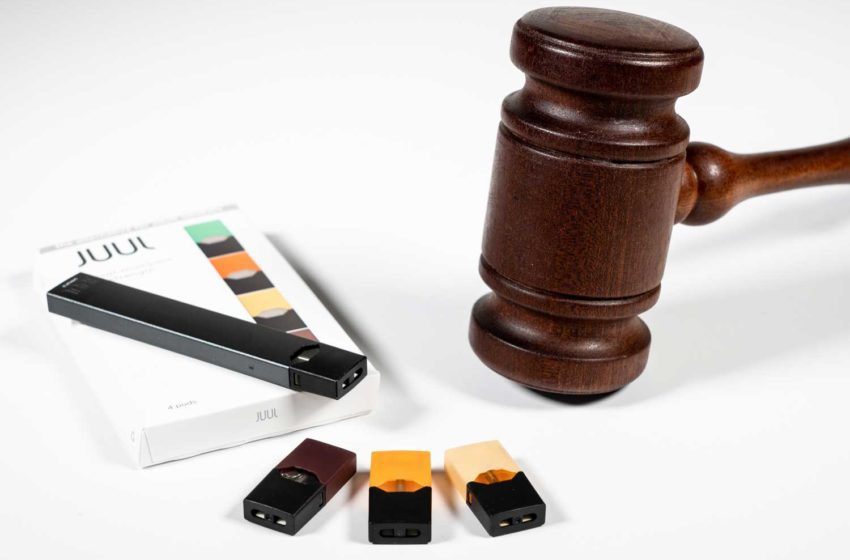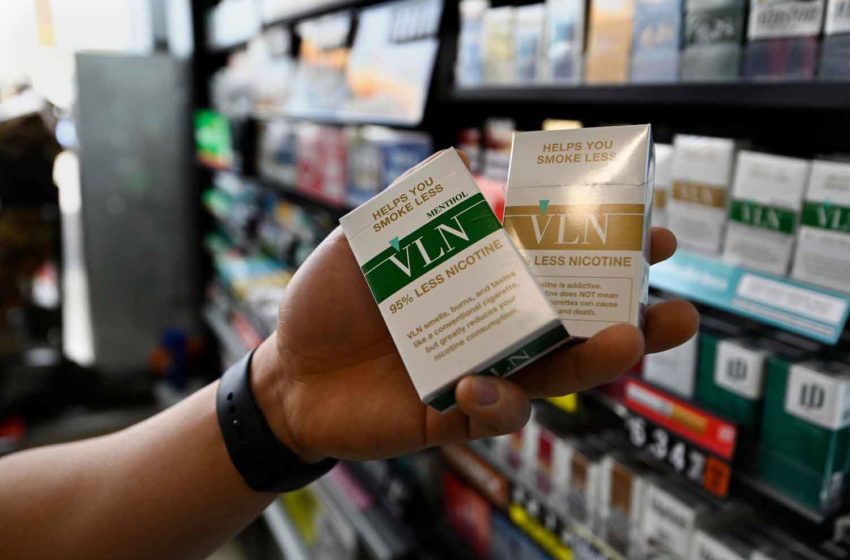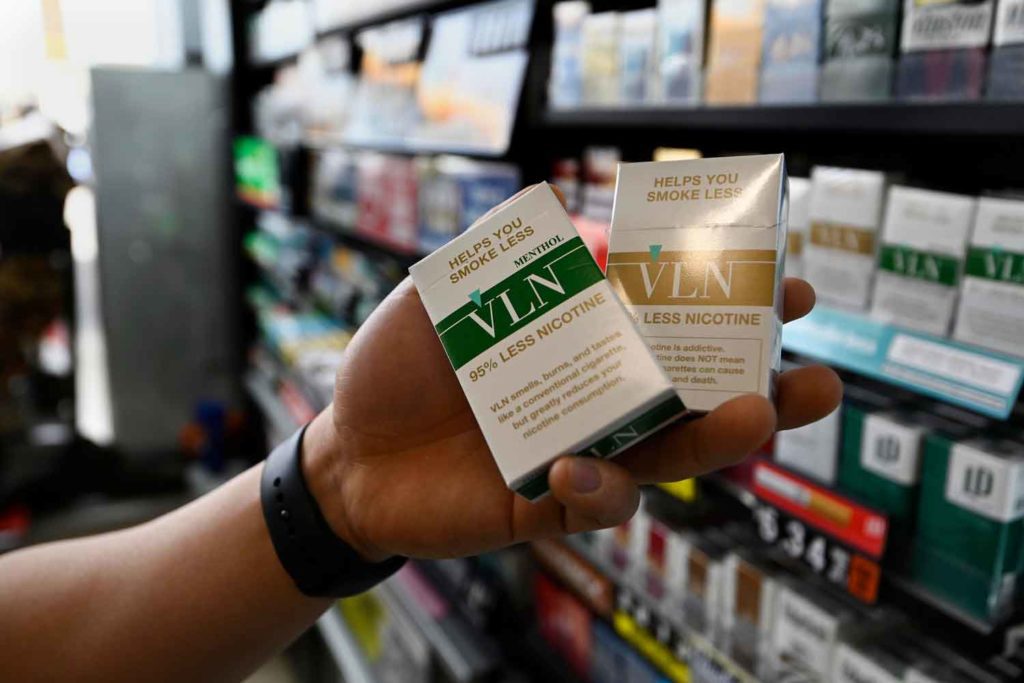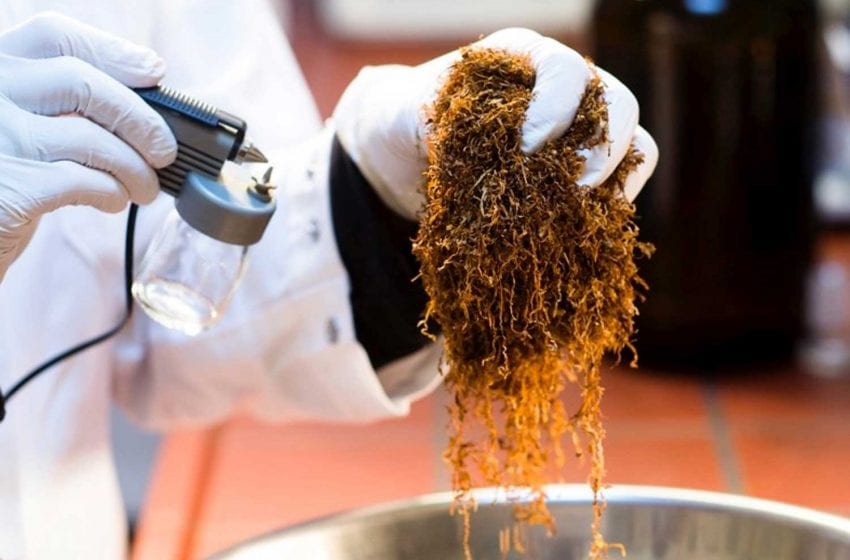Mativ Holdings reported sales of $679 million in the quarter of 2023, up 66.9 percent from the comparable 2022 period. The company attributed the increase to the benefits from the July 2022 merger between Schweitzer-Mauduit International and Neenah, which created the holding. In a press note, it stressed that financial results for periods prior to the merger reflect only the legacy SWM results.
GAAP loss was $7.7 million and GAAP operating profit was $9.3 million, which all included merger integration and purchase accounting expenses. Adjusted Income was $13.7 million. For the engineered papers business, adjusted EBITDA decreased approximately $15 million, accounting for roughly two-thirds of total year-over-year EBITDA decline, mainly due to labor strikes in France and manufacturing inefficiencies.
Price increases more than offset the impacts of higher input costs, according to the company; however, lower volumes primarily from customer de-stocking and manufacturing challenges drove margin pressure
Mativ Holdings expects $25 million incremental synergy realization in 2023, with procurement and supply chain activities building upon 2022 operating expenses actions, The company also anticipated easing input costs to support sequential margin improvements
“The first quarter of 2023 was impacted by a combination of customer de-stocking across the business, operational inefficiencies in our French facilities, where we experienced a number of strikes in response to governmental actions related to social benefits, and inefficiencies in several U.S. sites,” said Mativ CEO Julie Schertell.
“We believe the key issues affecting first quarter margin performance will prove temporary, as customer indications suggest we are currently moving past the peak de-stocking impacts, and that more normalized volume activity should resume in the second half of the year.
“Further, we are starting to see improved manufacturing performance across the business, which we expect will translate into better margins as the year progresses. Despite a tough first quarter and some continued headwinds expected in the second quarter, we expect to exit 2023 on a strong trajectory toward $100 million EBITDA quarters.”





